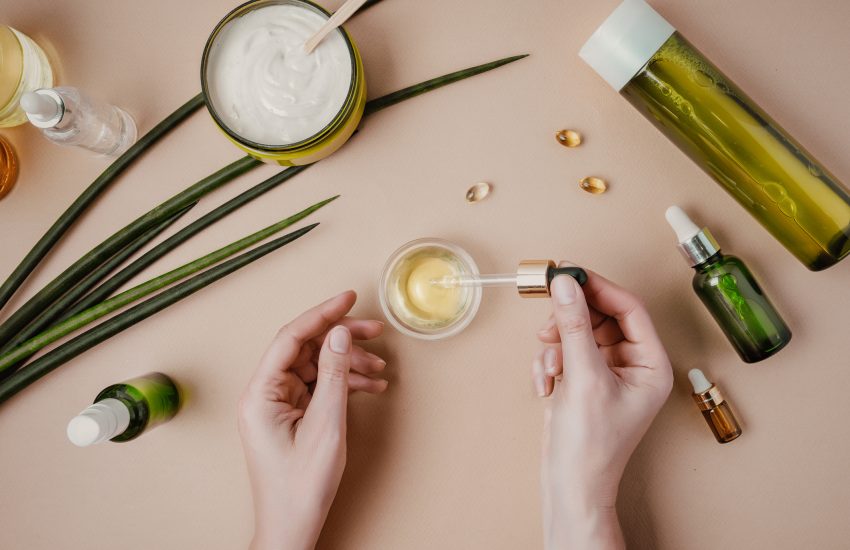Lilial, the trade name of a chemical compound commonly used as a perfume in cosmetics, shampoos, and cleaning products, which is known by its longer name butylphenyl methylpropional, has been banned in personal care products in the European Union as of March 1, 2022. And while the ban was announced nearly two years ago, the March 1deadline has garnered significant attention, prompting social media users to call attention products produced in the United States that contain the ingredient.
By way of background, in August 2020, the European Commission amended its Classification, Labelling and Packaging Regulation (CLP Regulation), classifying Lilial as a CMR 1B. In the EU, CMR substances are defined as those that are carcinogenic, mutagenic, or toxic to preproduction. Category 1B CMR substances are those that are presumed human carcinogens, mutagens, or reproductive toxicants based on animal studies. This is in comparison to Category 1A substances, which are known carcinogens, and Category 2 substances, which are suspected carcinogens.
The amendment to the classification of Lilial as a CMR 1B substance came after an opinion from the Scientific Committee on Consumer Safety (SCCS) regarding the use of Lilial in cosmetic products, which found that male and female rats that had been fed the chemical compound showed some reproductive toxicity effects. Given the amended classification, EU officials announced the ban, set to take effect on March 1, 2022.
Shortly before the ban, a TikTok user called out a popular California-based haircare line for using Lilial as an ingredient in one of its best-selling hair masks, sparking outrage among social media users making sprawling claims that the product caused infertility. Experts, and other social media users combatting misinformation, were quick to point out that the studies cited in the SCCS opinion that prompted the ban actually did not show that Lilial could cause fertility issues in humans, as the studies were performed on animals, specifically rats. Furthermore, experts noted that the Lilial doses administered to the rats during these studies were incredibly high and oral, which typically results in a higher level of exposure than would result from use of a Lilial-containing product on human skin or hair, like a hair mask, which is also ultimately rinsed off. Even further, experts pointed out that the SCCS opinion was focused on the potential effects of using multiple household and cosmetic products, in the aggregate, containing Lilial as an ingredient; and even commented that the use of Lilial in household fragrance products that you would ingest, such as air fresheners, might actually be a bigger concern.
Notwithstanding, the haircare company that came under fire released a statement advising that while the ban was limited to the EU, it had removed Lilial from its products back in January 2022 out of an abundance of caution.
While it would appear that much more research is needed to confirm the potential health effects associated with Lilial, we know that the EU generally takes a much stricter approach than our U.S. Food and Drug Administration when it comes to banning chemicals, which is clear in this instance. Furthermore, on an environmental level, Lilial, like any other chemical used in rinse-off and cleaning products, carries a risk of making its way into our waterways. While there are few studies noting findings of the product in sewage treatment facilities and water bodies, this avenue of potential exposure is also generally yet to be fully explored.
Notwithstanding, on a more global scale, the recent Lilial ban and resulting social media outrage provides an important lesson in corporate social responsibility (CSR) and environmental, social, and governance (ESG), and the power of social media in these areas.

